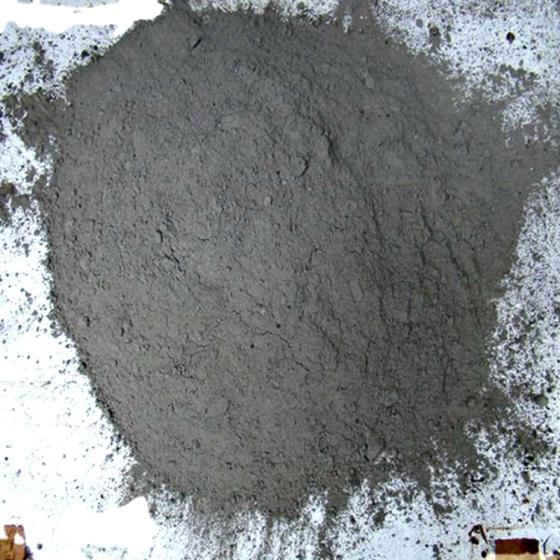Buy Portland Cement
Portland Cement
value | |
Warranty | 2 years |
After-sale Service | Return and Replacement |
Project Solution Capability | NONE |
Place of Origin | Belgium |
Brand Name | portland cement |
Model Number | portland cement |
Feature | Acid-Proof, Expansive, Radiation-Resistant, Sulfate Resistant |
Type | Composite Portland Cement |
Hardening Feature | Rapid Hardening |
Heat of Hydration | Moderate Heat |
Strength Grade(Mpa) | 42.5R |
Portland cement
is a widely used building material and one of the most important components in construction. It is the primary ingredient in concrete, mortar, and various other construction applications. Here are some key points about Portland cement:
1. **Composition:** is primarily composed of four main compounds: tricalcium silicate (C3S), dicalcium silicate (C2S), tricalcium aluminate (C3A), and tetracalcium aluminoferrite (C4AF). These compounds are responsible for the cement’s chemical and physical properties.
2. **Production:** The production involves grinding clinker (a nodular material containing the aforementioned compounds) along with a small amount of gypsum. The clinker is produced by heating raw materials, including limestone and clay, to a high temperature in a kiln. The resulting clinker is then ground into a fine powder to create cement.
3. **Types:** There are different types of P. cement, each with specific properties suitable for different applications. Some common types include Ordinary Cement (OPC), Portland Pozzolana Cement (PPC), and Slag Cement (PSC), each of which incorporates certain supplementary materials to enhance specific qualities.
4. **Setting and Hardening:** When cement is mixed with water, it undergoes a chemical reaction known as hydration. This reaction leads to the formation of various compounds that contribute to the strength and durability of the final material. The mixture gradually solidifies and hardens over time.
5. **Concrete and Mortar:** is a key ingredient in the production of both concrete and mortar. Concrete is a composite material consisting of cement, aggregates (such as sand and gravel), and water. Mortar, on the other hand, is a mixture of cement, sand, and water used for joining bricks, stones, or other masonry units.
Portland Cement
6. Applications: base products are use in a wide range of construction projects, including residential, commercial, and infrastructure developments. It’s used for building foundations, roads, bridges, sidewalks, and various types of structures.
7. Strength and Durability: Properly cured and maintained Portland cement-based structures can have impressive strength and durability. However, factors like the quality of materials, construction techniques, and environmental conditions play crucial roles in determining the longevity of these structures.
8. Environmental Impact: The production is associated with carbon dioxide (CO2) emissions due to the high-temperature process involve in clinker production. Efforts are being made to develop more sustainable cement production methods, including the use of alternative materials, reducing energy consumption, and carbon capture technologies.
In summary, it is a fundamental building material that plays a crucial role in construction projects. It’s a key ingredient in the creation of concrete and mortar, providing the strength and durability necessary for a wide range of structures and applications.



Reviews
There are no reviews yet.